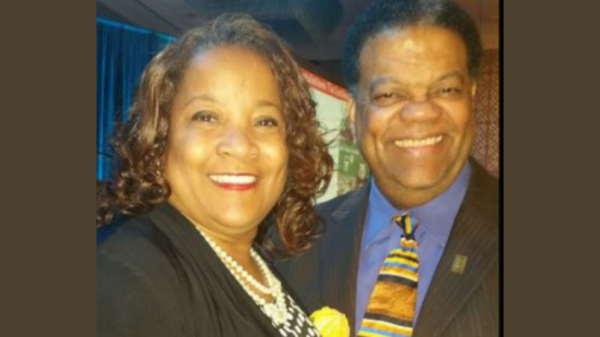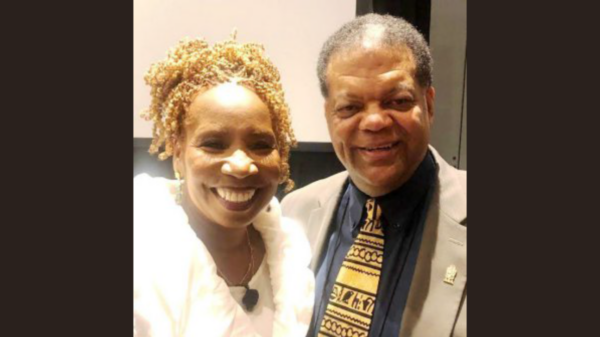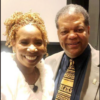By: Terry Allen

Big Mama would deliver this saying like a quiet warning: “A hit dog will holler.” She didn’t raise her voice—but she didn’t need to. The phrase was simple yet profound. If someone reacts loudly when confronted, it’s often because the truth struck a nerve. In today’s climate, those nerves are exposed.
This idiom speaks volumes in the context of BIPOC communities, where systemic inequities are often denied until someone challenges them—and suddenly, the defensiveness begins. The backlash is rarely about misunderstanding. It’s about discomfort with being seen, named, and held accountable.
Pathologically, this speaks to a long history of marginalized voices being dismissed—until the volume becomes undeniable. The repeated pattern is this: policy makers introduce harmful legislation or rhetoric under the guise of reform, and when communities speak up, they’re labeled as overreactive or ungrateful. But to speak out against injustice is not weakness. It is clarity. It is courage.. I remember Uncle Calvin Spann who was a decorated Tuskegee Airman but struggled to be a Pan Am Pilot and also to even be paid for his time. He was hit with rejection after rejection. . He hollered at me and I increased his speaking fees.
Consider Florida’s revisionist education policies, where officials attempted to reframe slavery as a form of beneficial “skills training.” Educators, historians, and students of color immediately pushed back, refusing to let such distortion go unchallenged. Lawsuits were filed, curriculums were countered, and truth was defended in courtrooms and classrooms alike.
Or take the water crisis in Jackson, Mississippi, where Black communities endured unsafe drinking water due to decades of neglect. Instead of quietly enduring, local organizers demanded federal attention, raised national awareness, and created community-led solutions in real time.
These are not isolated incidents—they are part of a consistent pattern of advocacy, resistance, and rebuilding. These responses are not just noise. They are necessary interventions.
As Kendrick Lamar said, “You ain’t gotta lie to kick it.” That line is more than clever—it’s a cultural mirror. We don’t need to accept narratives designed to keep us docile. We need to question, correct, and when needed—make noise.
Big Mama’s wisdom still holds. “A hit dog will holler” reminds us that when truth disrupts the comfortable, those affected will speak up. And in speaking up, we do more than react—we reclaim our dignity and drive change. Email me and tell me what you are hollering about at terryallenpr@gmail.com
Terry Allen is an NABJ award-winning Journalist, DEI expert, PR professional, and founder of the charity – Vice President at FocusPR, Founder of City Men Cook, and Dallas Chapter President of NBPRS.org









You must be logged in to post a comment Login